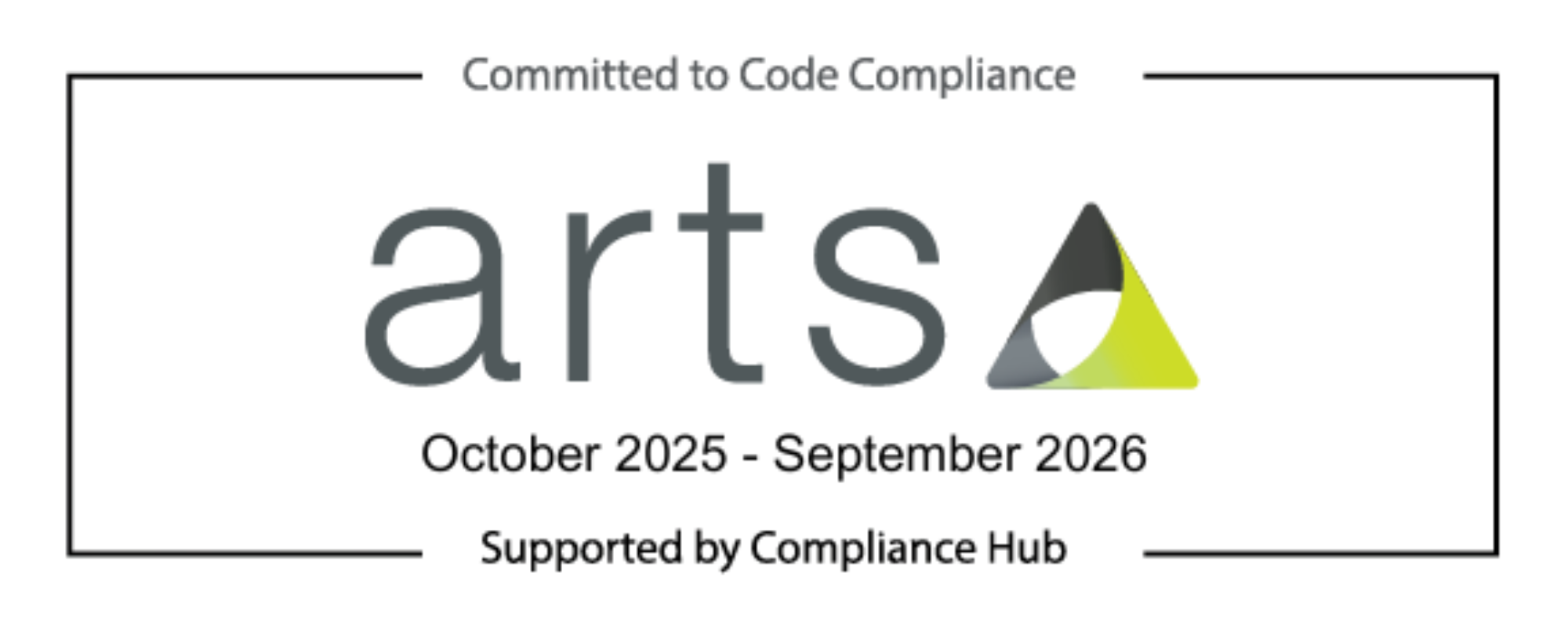IV-to-oral-switch sustained change strategy 2022-24 - a quality improvement initiative
10 May 2025
Showcase Theatre
IV-to-oral-switch of antibiotics is attributed to numerous benefits including reduced incidence of line complications, including infection and thrombophlebitis, decreased time for nurse-led medicines administration, reduced environmental wastage, cost savings, lower exposure to broad-spectrum antibiotics, and improved bed capacity.
Staffing resources, including within antimicrobial stewardship teams, is an ongoing challenge in NHS. Therefore, strategies to explore behaviours of clinicians is key to implementing sustained positive change and improved patient safety. Timely IV-to-oral-switch (IVOS) of antibiotics is one clinician-led behaviour that aligns with ‘start smart then focus’.
This prospective quality improvement project preceded the AMR CQUIN and complemented this national strategy. A fishbone analysis was conducted to understand clinician prescribing behaviours related to IVOS, with staff-facing consultations involving 30 ward-based clinicians (including nurses, doctors, pharmacists, advanced care practitioners, and physicians) taking place in January 2023.
Multiple intervention modalities were identified and Plan-Do-Study-Act (PDSA) cycles were utilised throughout 2023-24. These included:
• Pharmacist-led quarterly ‘start smart then focus’ antibiotic ward audits
• Nurse AMS education and training (with satisfaction scores measured on a 4-point Likert scale)
• Weekly consultant-led C. difficile infection (CDI) multi-disciplinary team (MDT) ward rounds.
• Digital education solutions through the Eolas app
This quality improvement methodology was shared at a regional level and at the NHS England national IVOS AMR CQUIN webinar. As a result, our quarterly performance within the CQUIN was consistently below targets to meet maximum funding, suggesting that utilisation of a fish-bone analysis can help identify a multi-modality approach to achieve sustainable improvement.


 North
North

